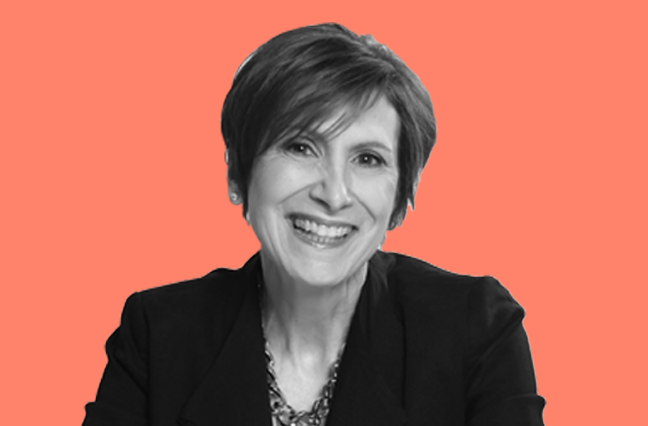
The League of Extraordinary Leaders

Here are three riddles for you to ponder:
- When is being good a detriment?
- What do you have to climb down to get to the top?
- Why did the leader cross the road?
While you contemplate the answers, let me share some I found to an age-old question: “Does leadership development really pay off?”
A 2010 study by Zenger Folkman, a leadership consulting firm, found that extraordinary leaders nearly doubled the profits of their companies when compared to good leaders ($2.4 million versus $4.5 million). Note I didn’t say, “when compared to bad leaders.” The study considered more than 300,000 data points from hundreds of companies. It analyzed 360 feedback assessments for more than 30,000 managers. It found that good leaders create more economic value than poor leaders and extraordinary leaders create more economic value than the rest.
(Spoiler alert!) Answer to riddle number one: When can good be a detriment? When you are trying to positively impact your firm’s profitability.
Despite what your mother might have told you, it’s not enough to be good. When Zenger Folkman plotted the leadership distribution of its data, it found individuals who didn’t have a glaring weakness or an extraordinary strength fell into the bottom third of the leadership distribution. The study showed that these leaders weren’t doing anything for their organization’s productivity.
So, if you are like me, you’re wondering, what is it that extraordinary leaders do that leads to those amazing results? They affect retention, turnover, employee commitment and morale, customer satisfaction and productivity. To underscore this point, Starbucks can show a strong correlation between profitability at a particular location and employee commitment. Leaders with strong interpersonal skills build cultures that inspire employees to want to work harder. Leaders who inspire people to perform at higher levels and remove obstacles in their path enhance employee productivity.
So how did those leaders become extraordinary? Have you ever wondered why last season’s MVP still shows up for spring training? Or why pilots with thousands of hours of flight time still do simulation training to maintain their certification? There is something called a competency ladder. Before you learn something new, you are at the bottom of the ladder, in a state of unconscious incompetence. You don’t even know what you don’t know. Ignorant bliss!
As you begin to learn, you move up the ladder to conscious incompetence—a most unpleasant place to be. This is when you know you aren’t very good at something. So you begin to practice and work on improving. You then move up to the next rung on the ladder, which is conscious competence. You are able to perform the skill, but you still have to think hard about what you are doing. (Think about how difficult it is to properly swing a golf club just after you take a lesson.) With time and practice, many people move up to the level of unconscious competence, where you don’t even realize or remember all the things you learned to perform at this level.
So that’s it? That’s the top rung of the ladder? Not so fast.
Becoming unconsciously great is not mastery. When you master something (remember the extraordinary leader, the MVP and the professional pilot), you take a step beyond great. You go beyond unconscious competence. Few people make this final step up to mastery. But why? Isn’t being unconsciously competent good enough? Studies show unconscious competency could lead to complacency. Bad habits could form when the skill becomes second nature. We’ve all had the trip to work where you suddenly find yourself in the parking lot and don’t really remember driving there.
Masters of their craft know they have to go back down the learning ladder to conscious competence and brush up on their skills. They don’t become complacent. They don’t allow bad habits to form. This is why professional athletes have coaches. Coaches help them keep their edge. So the answer to our second riddle: What do you have to climb down to get to the top? It’s the competency ladder! (I know, it was on the tip of your tongue all along.)
How do you climb down the ladder? Leadership guru Stephen Covey says, “Education—continually honing and expanding the mind—is vital mental renewal.”
We all need a reminder of what skills got us to where we are today. The Council offers a Leadership Academy that offers just the type of education Covey references. The Academy has dynamic workshops designed to help leaders become masters of their craft, extraordinary leaders. Check them out at www.ciab.com/leadershipacademy. Let us help you move down the ladder for a couple of days. You will be so much better when you climb back to the top! And your firm’s profits will thank you for it.
Oh, almost forgot. You want the answer to our third riddle. Why did the leader cross the road? To get to the Leadership Academy, of course! (Sorry, couldn’t resist. Hope we see you there.)




